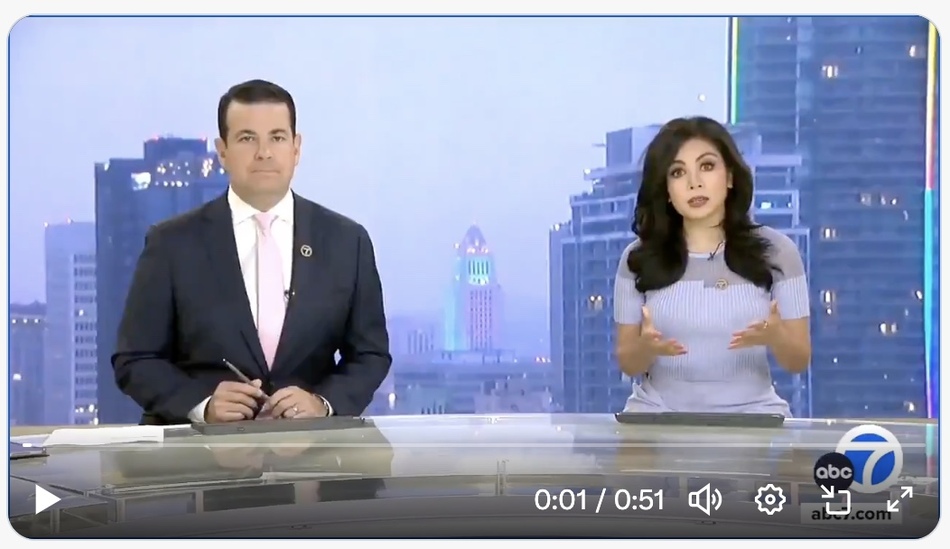Trump requests U.S. Supreme Court to reverse decision to exclude him from Colorado primary ballot.
Title: Trump Asks U.S. Supreme Court to Overturn His Removal From Colorado Primary Ballot
Introduction:
In a recent development that has captivated political spectators across the United States, former President Donald J. Trump has requested the U.S. Supreme Court to intervene and overturn his removal from the Colorado primary ballot. This move raises significant legal implications and incites a debate surrounding both the influence of state election laws and the boundaries of individual political participation. As we delve into the details of this case, it is important to examine the key arguments from both sides and explore the potential consequences of this unusual legal maneuver.
Background:
As the 2022 primary season commenced, former President Trump's campaign encountered a setback when he was disqualified from appearing on Colorado's Republican primary ballot. The Colorado Secretary of State's office based its decision on a technicality regarding the incomplete filing of the necessary paperwork by Trump's campaign. Under Colorado law, candidates must meet certain requirements to qualify for ballot access, which include submitting necessary paperwork on time.
Trump's Arguments:
The crux of Trump's appeal centers around his claim that his constitutional rights were violated by being struck from the primary ballot. He contends that the Colorado election law's strict enforcement infringes on his First Amendment rights, including the right to free political expression and association. Trump's legal team argues that barring him from the ballot is an undue restriction on his ability to participate in the electoral process and denies voters the opportunity to support a viable candidate who may still command significant political influence.
Supporters' Rebuttal:
Critics maintain that Trump's removal from the Colorado primary ballot was a legitimate consequence of his campaign's failure to comply with state election laws. They argue that these laws are in place to ensure a fair and orderly electoral process, preventing candidates from exploiting loopholes and allowing equal opportunity for all participants. Moreover, they assert that denying Trump ballot access in one state does not impede his rights as he remains eligible to participate in primaries and general elections in other states.
Potential Consequences:
If the U.S. Supreme Court agrees to hear Trump's case and ultimately decides in his favor, it could set a precedent with far-reaching implications. A ruling in favor of overturning Trump's removal from the Colorado primary ballot would challenge the authority of state election laws and potentially disrupt the established framework of the nation's electoral process. The decision could also impact future election cycles, potentially emboldening candidates to challenge state-mandated requirements more frequently.
Conclusion:
The Trump campaign's request to the U.S. Supreme Court to reverse his removal from the Colorado primary ballot has ignited discussions about the role of state election laws and the boundary of individual political participation. The outcome of this case could have profound implications for the future of electoral regulations and how candidates navigate them. Regardless of the Supreme Court's ultimate decision, this legal maneuver serves as a reminder of the complex relationship between individual political ambitions, state election laws, and the broader democratic process.

